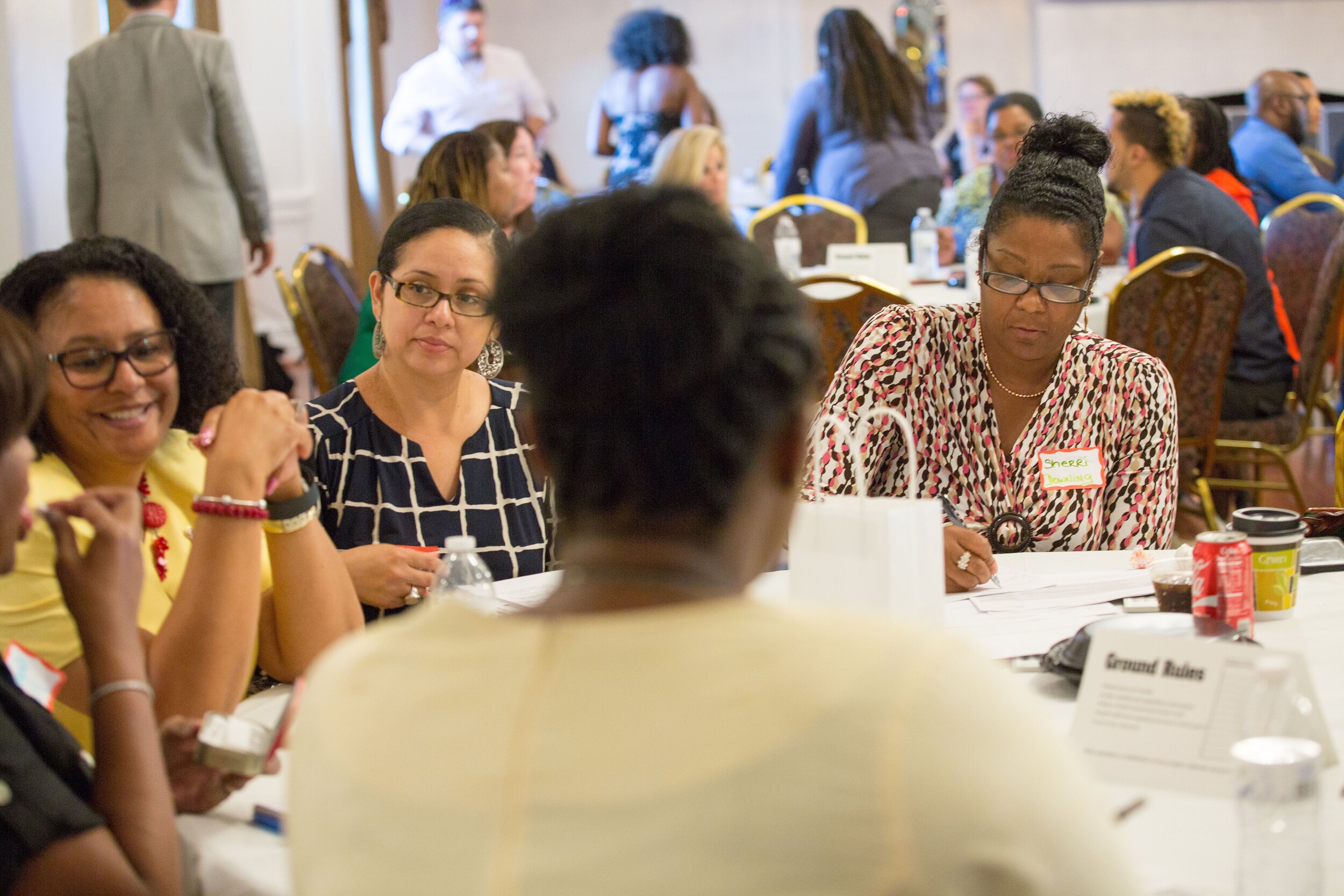The Community Foundation’s DMV Community Book Group is designed to foster relationships, learning, and collaboration among our donors and community partners. We hope for the series to promote courageous conversations as we come together to explore and reimagine the issues affecting the quality of life in our communities.
We meet quarterly via Zoom to discuss a selected book with a social justice theme related to The Community Foundation’s work to lead with racial equity and inclusion, improve economic mobility, and close the racial wealth gap in our region. This opportunity is open to anyone in our community – our staff, Trustees, donors, philanthropic peers, nonprofit partners, community members, and impacted people and communities in our region. Our goal is to inspire and motivate our community as we work together towards creating an equitable, just, and thriving region where everyone prospers.
Upcoming Reads
On Friday, December 8 at 9am, the DMV Community Book Group came together to read and discuss the book Courageous Philanthropy by Jennifer Vanica.
This volume was timely, given the mounting social challenges and pressures before us—war, antisemitism, Islamophobia, climate catastrophe, the threat of domestic terrorism, and a highly volatile political public square (just to name a few!).
In this moment where the ground and the world seem unsteady, we are prompted to reconsider and reimagine the role that philanthropy can and should play in addressing our society's most pressing problems. Vanica's book helped us examine what courage looks like as we work individually and collectively to make our region more just and equitable.
Our discussion focused around the following chapters:
· Introduction: Lessons from a Do-tank.
· Chapter 7: Talent With the Guts to Fail
· Chapter 29: Power, Voice, and The Politics of Philanthropy
· Chapter 34: The Utterly Simple Idea
Past Reads
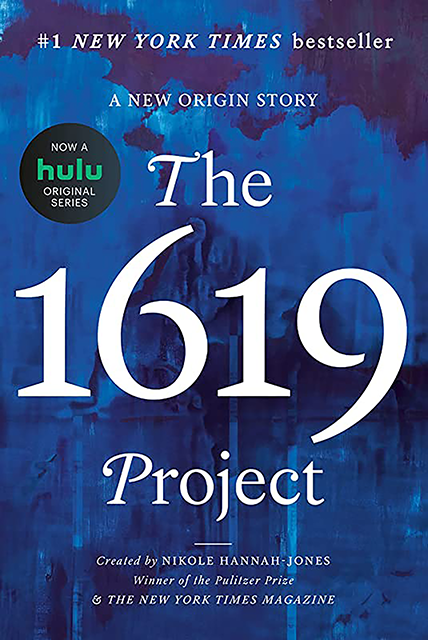

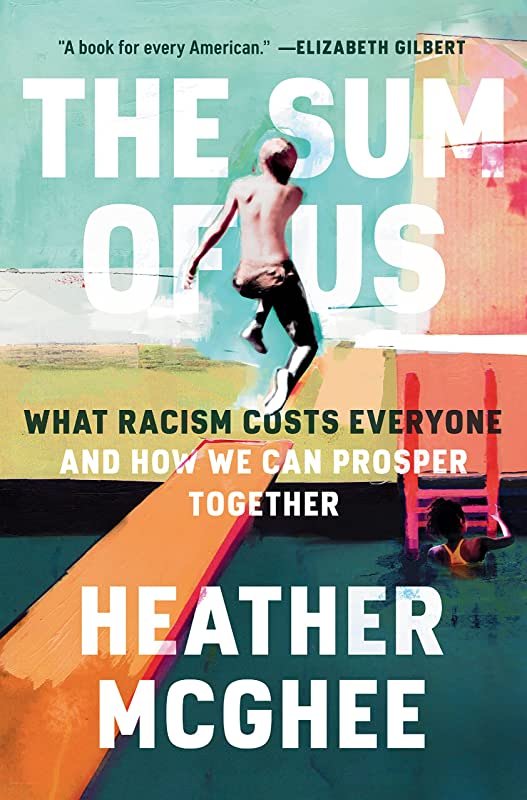
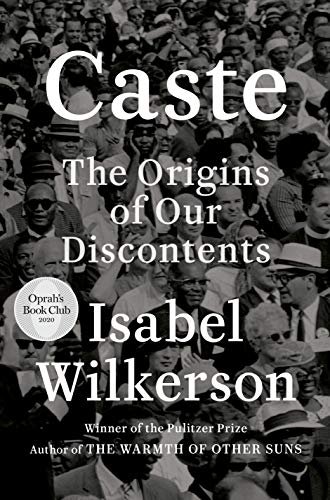
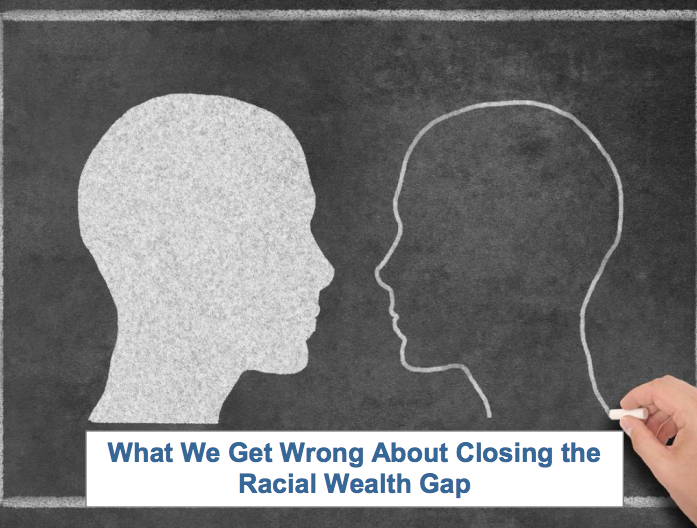
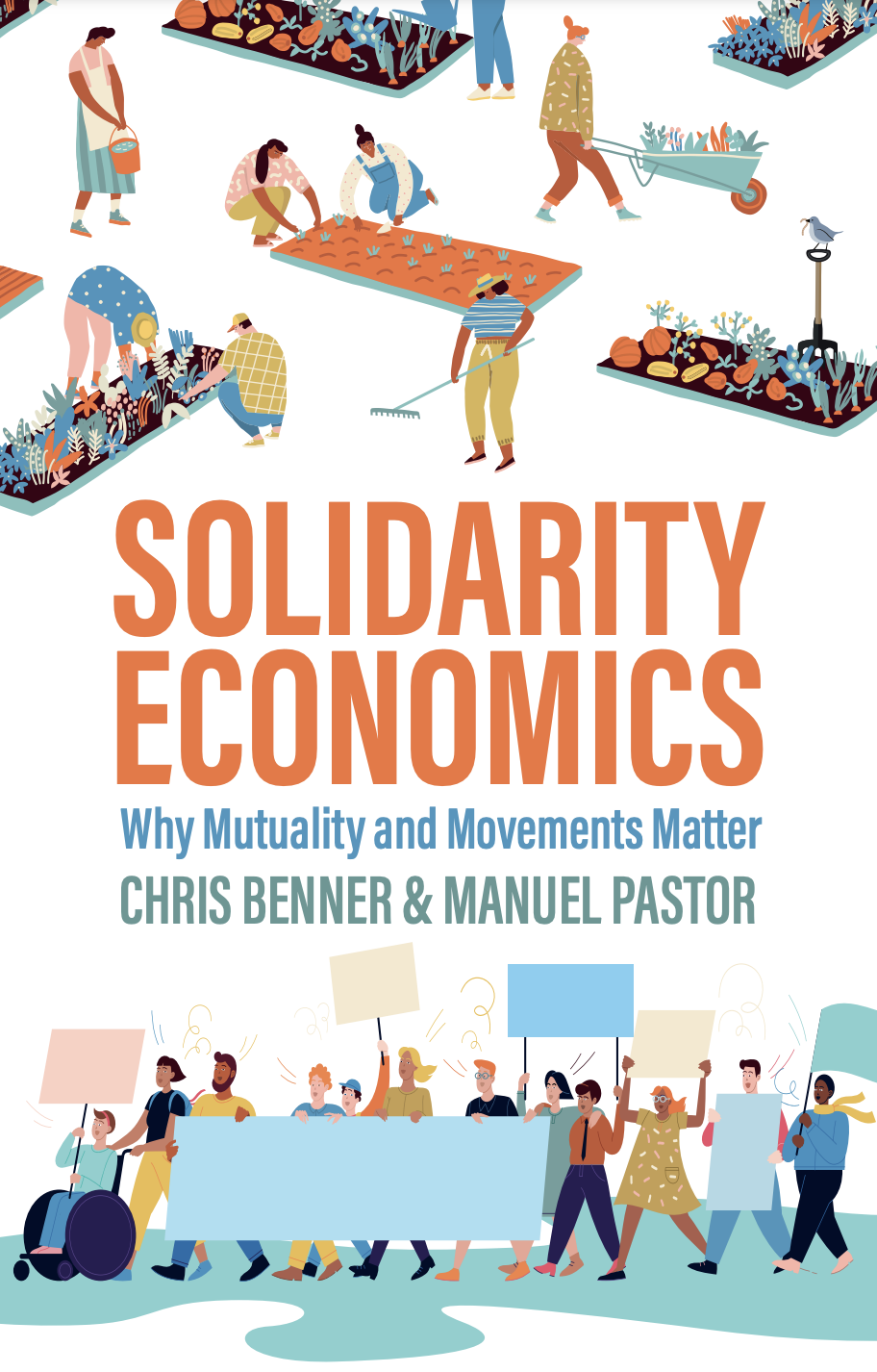
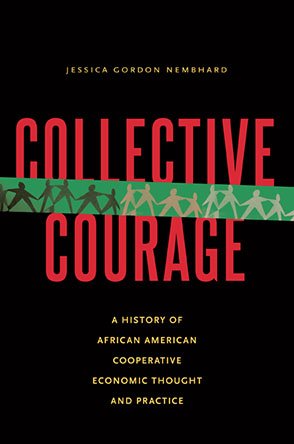
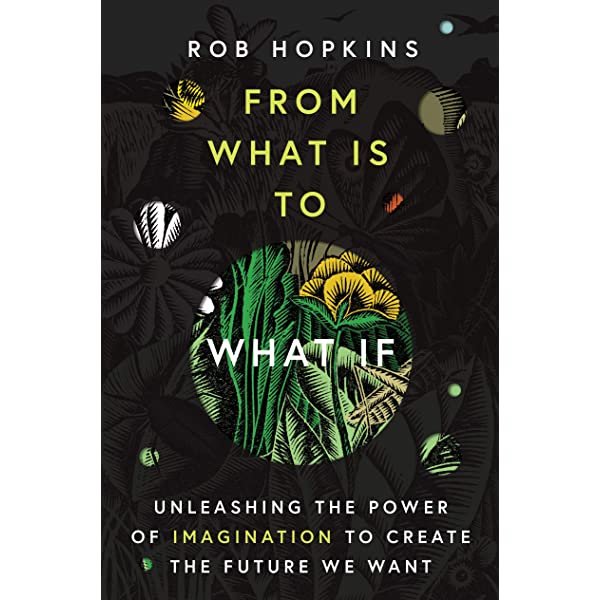
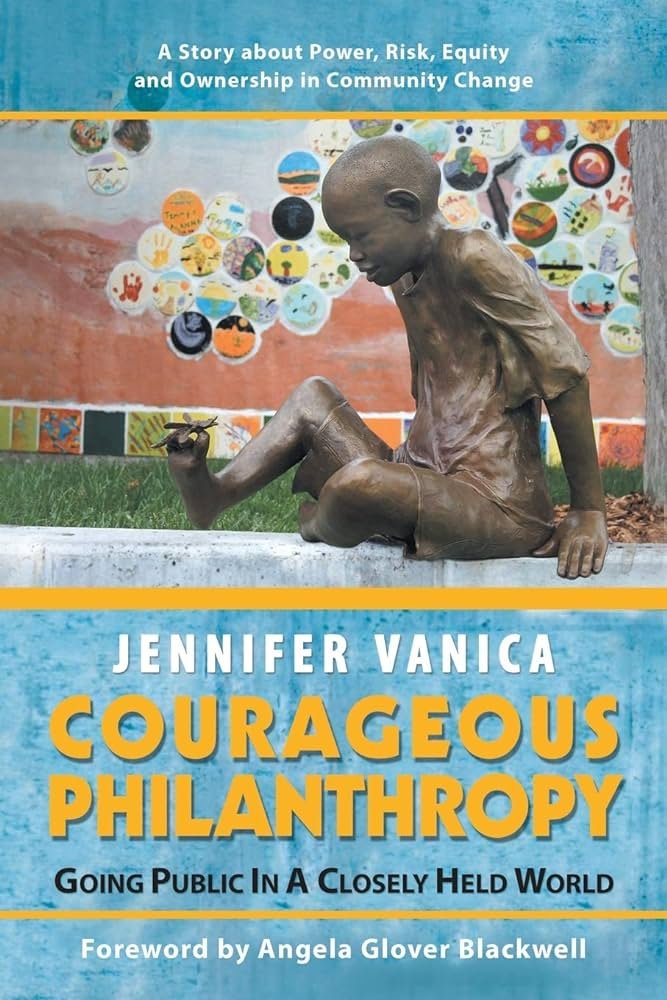
-
The 1619 Project by Nikole Hannah-Jones: Building on the award-winning work of The New York Times Magazine’s "1619 Project", this new book weaves together essays, poems, and works of fiction that explore the legacy of slavery in present-day America and illuminate key moments of oppression, struggle, and resistance.
-
"Sincerely, Michelle" by Michelle Singletary: a 10-part series on common myths and misperceptions about race and inequality in America written by Washington Post personal finance columnist and best-selling author Michelle Singletary.
-
The Sum of Us: What Racism Costs Everyone and How We Can Prosper Together by Heather McGhee: McGhee uses economics, history, and storytelling to take readers on a journey across the country, where she explores what we lose when we buy into the zero-sum paradigm—the idea that progress for some of us, must come at the expense of others.
-
Caste by Isabella Wilkerson: This Pulitzer Prize-winning book puts American racism in context with dehumanizing hierarchies in other countries and moments of history—namely, the Indian Caste system and German Fascism.
-
“What We Get Wrong About Closing the Racial Wealth Gap” by William Darity, Anne Price, et. al: The authors challenge us to think differently about traditional approaches frequently touted as solutions to close the racial wealth gap – such as “greater educational attainment, harder work, better financial decisions, and other changes in habits and practices on the part of Blacks.” According to the authors, “while these steps are not necessarily undesirable, they are wholly inadequate to bridge the racial chasm in wealth.”
-
Solidarity Economics by Chris Benner and Manual Pastor: Contrasting our current economic agreements that are built on winners and losers, individualism, and survival of the fittest, Benner and Pastor challenge us to imagine and build a more robust, sustainable, and equitable economy grounded in mutual cooperation. Solidarity Economics has been hailed as an essential read for anyone exploring how to shift our economic approach to generate prosperity and provide for all, while also preserving the planet.
-
Collective Courage: A History of African American Cooperative Economic Thought and Practice by Jessica Gordon Nembhard. This book reveals the rich, hidden history of African American cooperatives and its place in the movements for Black civil rights and economic equality.
-
This book outlines how reclaiming our collective imagination can enable us to effect dramatic change.
-
In the struggle to deal with large-scale disinvestment, rampant gentrification, and the unjust narrative of race and real estate, Vanica shares the power and possibility of achieving a shift in the fundamental long-term community control over decisions and assets through the resident ownership of neighborhood change.
Courageous Philanthropy takes the reader on an inspiring two-decade-long journey to address the power dynamics between foundations and communities by each owning their own change and shows how working across differences and deliberating across cultures, faiths, ages, genders, and education levels to achieve change can be our now and not just our hopeful picture of the future. It is time, Vanica contends, to forge a new, more courageous relationship between foundations and the communities they seek to serve.

